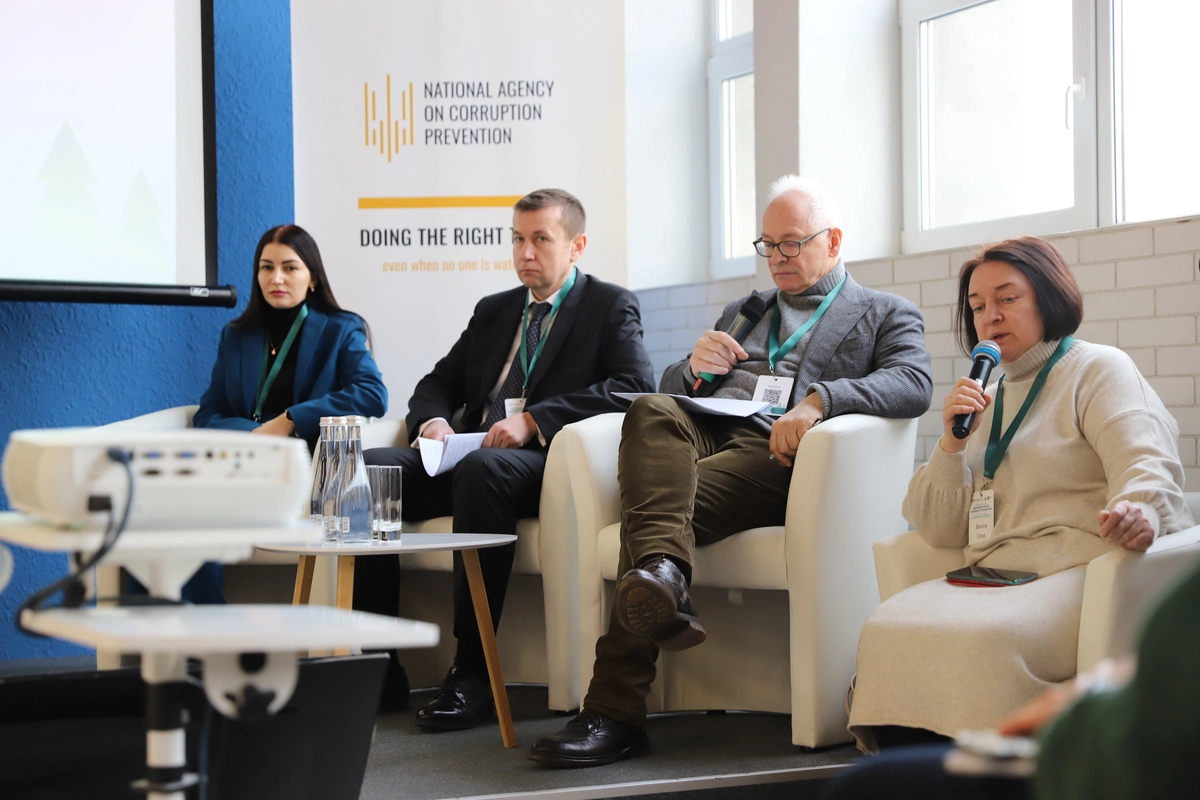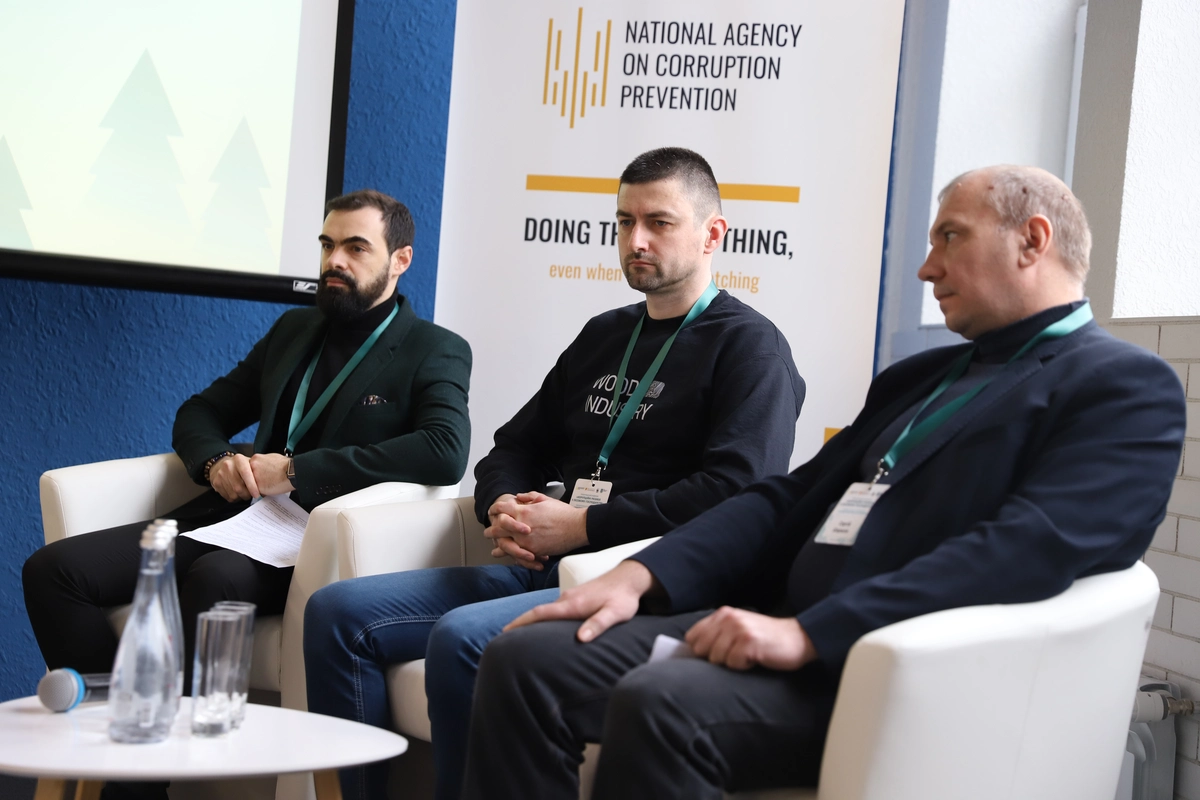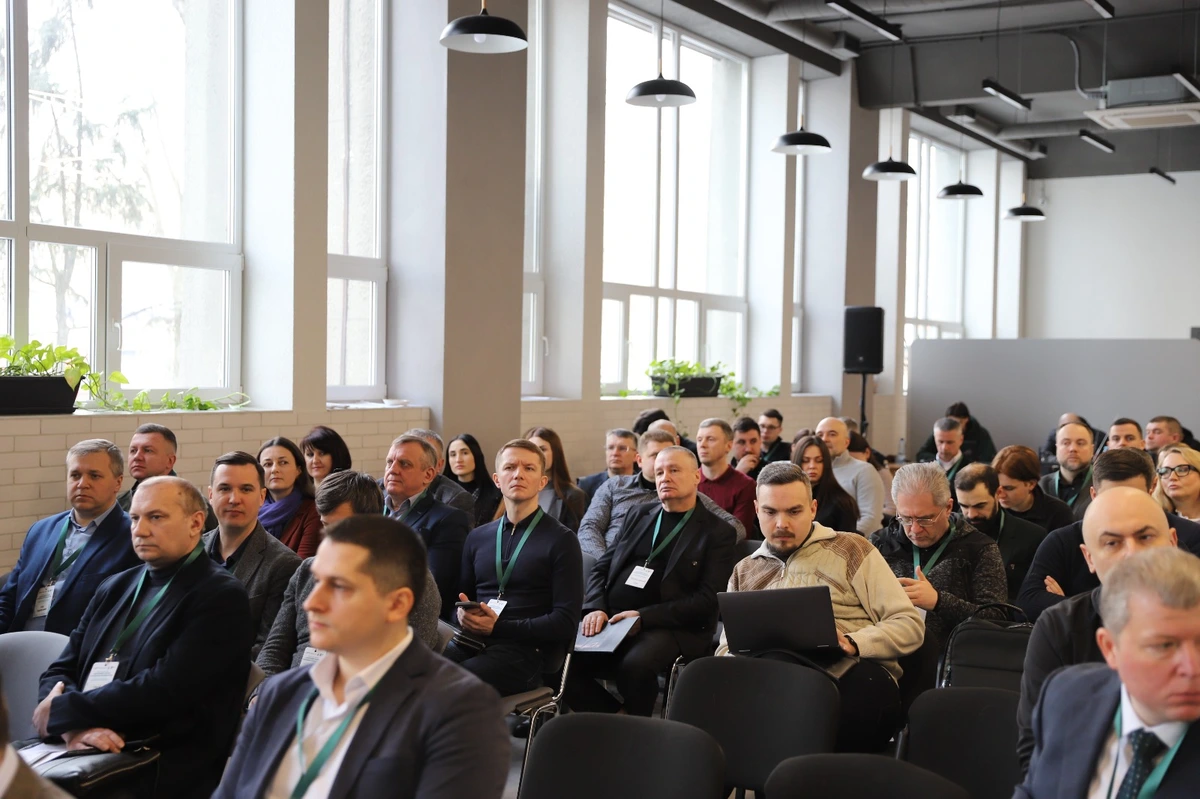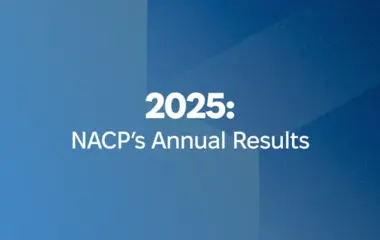The National Agency on Corruption Prevention (NACP) has presented a study “Corruption Risks in Forestry”, which is intended to serve as a basis for creating a comprehensive strategy for reforming this sector. The study is available here.
Experts conducted a comprehensive analysis of corruption risks in the forestry sector, identified the most common corruption risks and developed recommendations for their minimization and/or elimination. NACP experts conducted the research jointly with the Specialized Environmental Prosecutor's Office of the Prosecutor General's Office, the Basel Institute on Governance and WWF-Ukraine with the support of Switzerland.
"The topic of environmental corruption is a key one for us at the Basel Institute. We focus our efforts not only on case support, when we help law enforcement agencies, but also on consulting on corruption prevention, when we work with anti-corruption and compliance experts,” said Johani Grossman, Head of the Green Corruption Program at the Basel Institute on Governance, at the presentation of the study.

The study identifies 12 corruption risks that may contribute to the commission of offenses during logging, timber sales and state supervision (control). In particular, these are possible corruption abuses when changing the purpose of forest plots, their provision for long-term temporary use, when determining the quality class of wood, its transportation, and conflicts of interest among officials performing the functions of state forest protection.
As a result, the NACP provided the relevant ministries with comprehensive recommendations to eliminate corruption risks. The responsible authorities (the Ministry of Environmental Protection and Natural Resources, the State Agency of Forest Resources, the State Ecological Inspectorate, the Verkhovna Rada Committee on Environmental Policy and Nature Management) should eliminate gaps in the current legislation, lift the moratorium on state inspections, and take effective measures to restore the state forest cadastre and forest accounting. It is also recommended to provide representatives of environmental NGOs with the opportunity to participate in plantation surveys, and to keep and publish all documentation on sanitary felling in electronic form. In addition, the NACP proposes to consider selling timber through the Prozorro.Sale system.
"To achieve real change, it is necessary to create a clear comprehensive strategy that includes legislative reforms and anti-corruption safeguards. It is important to increase the responsibility of government agencies and introduce effective mechanisms of public control that will help protect Ukraine's forest resources and ensure their sustainable development for the well-being of current and future generations. The identified risks and the results of the study can be taken into account when creating the new Anti-Corruption Strategy and the State Anti-Corruption Program for 2026-2030,” said Deputy Head of the NACP Sergiy Gupiak.
According to Oleksandr Shulga, Head of the Department for Monitoring and Control over Implementation of Legislation on Conflict of Interest and Corruption Prevention of the NACP, the corruption risks identified by the National Agency were also confirmed during the ongoing audit of the activities of the State Enterprise “Forests of Ukraine” to prevent and detect corruption. The results of the study will be taken into account when summarizing the results of the audit and providing recommendations to the company's management.
"In the context of Russia's armed aggression against Ukraine, the problem of illegal logging has become even more significant. Back in November 2022, the Prosecutor General's Office held a joint meeting of heads of law enforcement and other state bodies to counter criminal offenses in the field of forest protection and conservation under martial law. At that time, all the risks that are presented in the study today were stated. And now it is important for all responsible authorities to work together to eliminate them,” said Deputy Prosecutor General Viktoriia Litvinova in her speech.
“The fight against corruption in the forestry sector is an important step towards implementing the principles of good governance in the sector in accordance with the best international practices, strengthening Ukraine's competitiveness in the European market and bringing Ukraine closer to EU membership,” said Bohdan Vykhor, Executive Director of WWF-Ukraine.
The event was attended by representatives of the Ministry of Environmental Protection and Natural Resources of Ukraine, the State Agency of Forest Resources of Ukraine, the State Enterprise “Forests of Ukraine”, other executive authorities, NGOs, law enforcement agencies, and journalists.
















